US Catholic Bishops End Federal Refugee Programs After Trump-Era Suspensions
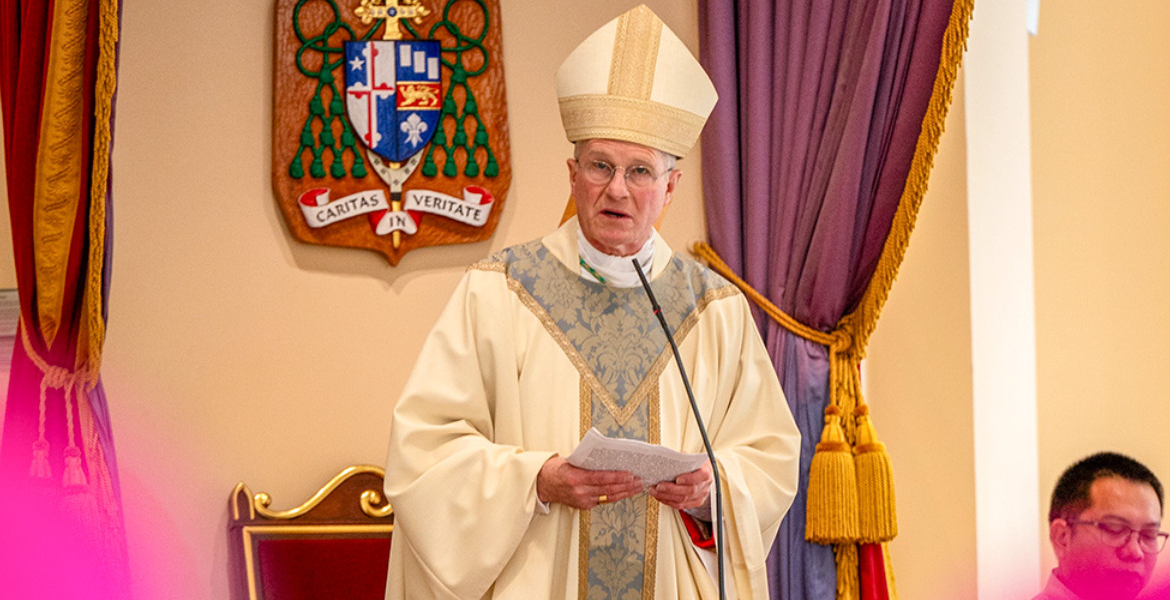
The US Conference of Catholic Bishops (USCCB) announced on April 7, 2024, the cessation of its longstanding partnerships with the federal government concerning children's services and refugee support.
This decision follows a series of contract suspensions under the Trump administration that has significantly altered the landscape for refugee resettlement. Archbishop Timothy Broglio, president of the USCCB, addressed the decision in a Washington Post op-ed, describing it as "gut-wrenching." He acknowledges the decades-long collaboration between the bishops' conference and the federal government.
While the formal resettlement agency will dissolve, Broglio emphasizes the Church’s continued commitment to assisting refugees. He further urges Catholics to seek new pathways for humanitarian aid. The decision has spurred debate over the USCCB's response to recent policy shifts.
Critics note that the conference's reaction contrasts with its vigorous opposition to the Obama administration’s contraception mandate, which included a "Fortnight for Freedom" campaign and a special committee on religious liberty. The perceived subdued response to refugee-related policy changes has raised questions about the USCCB’s resourcefulness and resolve.
Alternative approaches to sustain the Church's refugee mission, such as seeking support from Catholic philanthropists, organizing emergency collections, or engaging bishops in public advocacy, have seemingly gone unexplored. The announcement coincides with the case of Kilmar Ábrego García, a Salvadoran man mistakenly deported despite a 2019 court ruling prohibiting his removal.
Ábrego García, married to an American citizen and father to a disabled child, remains detained in El Salvador's Center for Terrorism Confinement. The administration accuses him of gang affiliation, which his lawyers contest. Critics have condemned such tactics as akin to those of totalitarian regimes.
The Supreme Court has intervened in related judicial proceedings, lifting an order barring deportations while asserting detainees’ right to challenge their detention through habeas corpus motions. As legal battles continue, the broader implications of these policy shifts on the Church’s role in aiding vulnerable populations remain a significant concern.

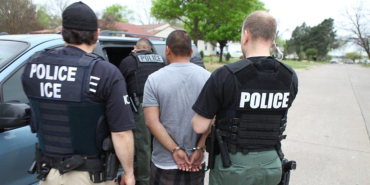
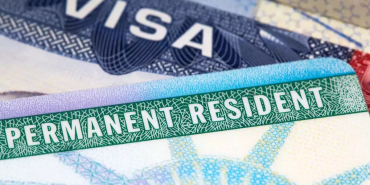
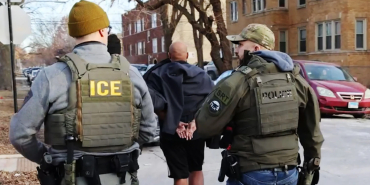


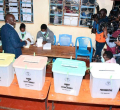
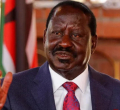

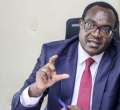
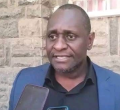

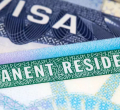
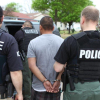

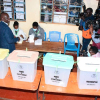
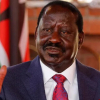
Add new comment